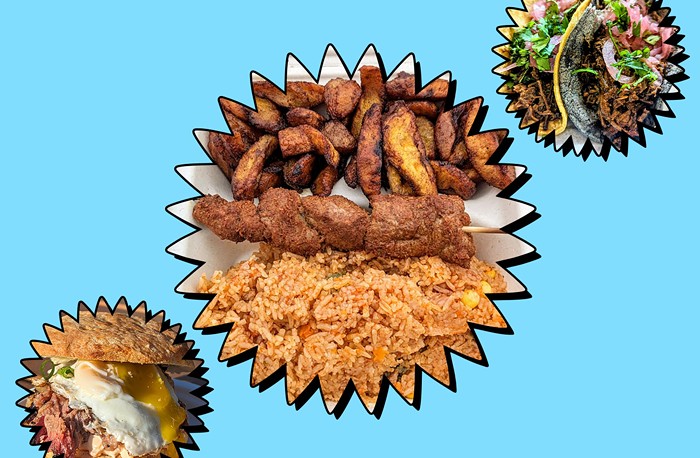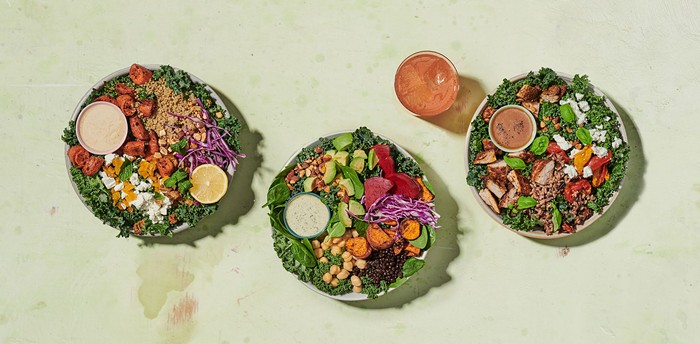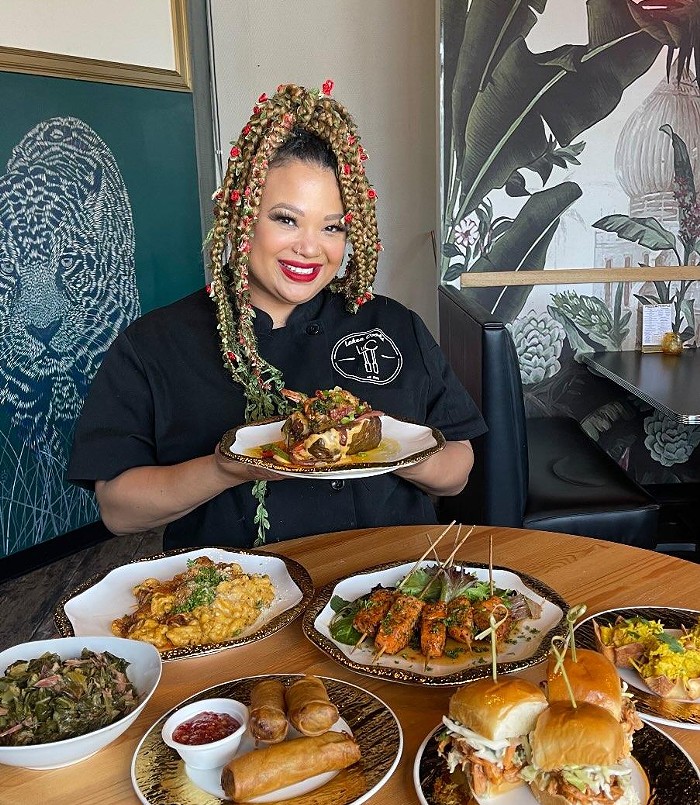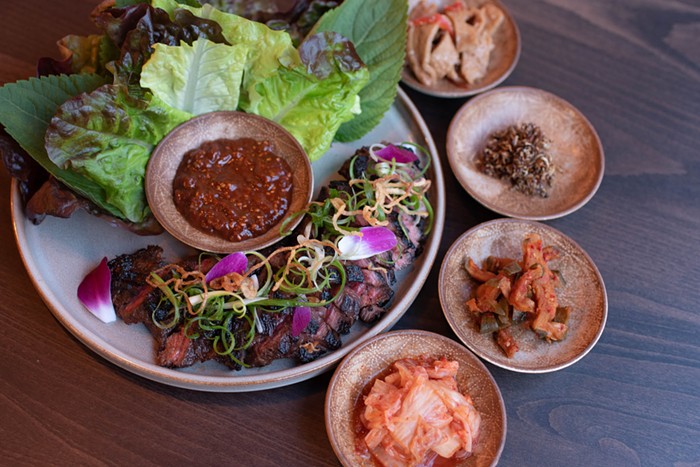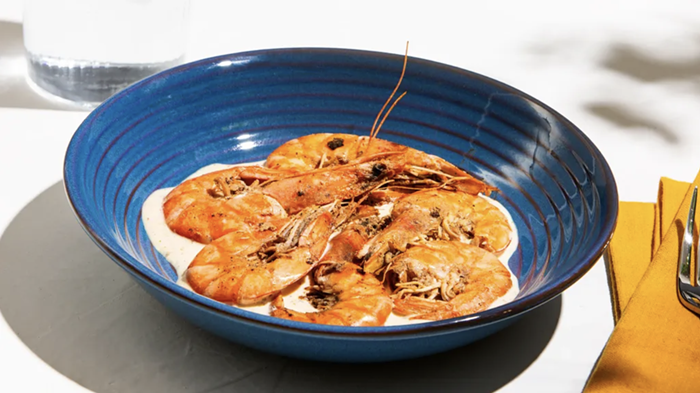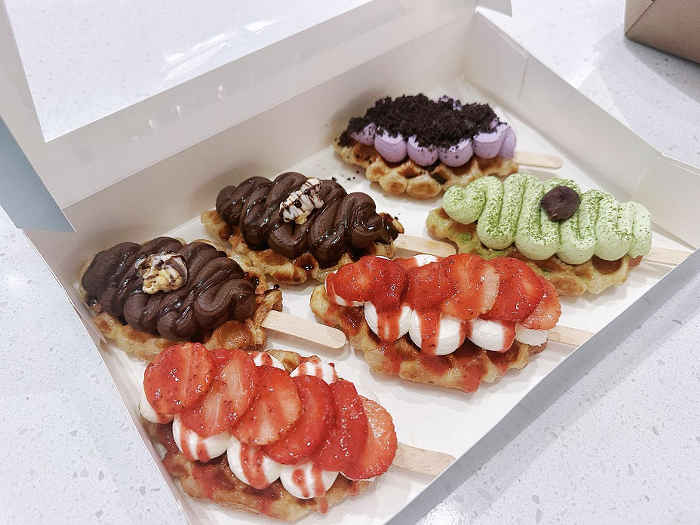
Last week, my husband and I took a road trip to Montana, which included a couple of days in the dry, beautiful—and, at times, harrowingly smoky—landscape of eastern Washington. I was struck, as I always am, by the magnitude of our state’s agriculture business. Long stretches of rolling hills in infinite shades of dusty beige gave way to seemingly endless green miles of vineyards, orchards, cornstalks, and towers of hops.
I already knew that Washington farmers produce the highest number of apples in the country, as well as more than 75 percent of its hops. But those numbers mean something different when you are there, dwarfed by all these plants that exist to feed us, knowing that growers, in this year of drought and wildfires, are struggling to keep their crops alive.
Our drive through the Yakima Valley necessitated a stop at a farm stand, where we bought 20-pound boxes of tomatoes and peaches that cost just $14, the latter of which perfumed the car with a sweet, almost boozy scent that drove me (delightfully) crazy the rest of the way home. A few days later, we canned six quarts of tomato sauce and a pint of tomato jam.
While cheap produce is thrilling, there’s another side of agriculture that cannot be escaped in Eastern Washington. Making our way to a campsite on the Snake River, we wound our way through not just apple orchards, but past many small houses, often with upwards of 10 cars parked out front. Amid these fields and trees are whole communities of Latino farm workers, the people who labor under harsh conditions for low wages to put food on the table.

On the advice of a friend, we stopped at the Blue Sky Market in the small town of Toppenish. Blue Sky looks like a bodega/laundromat, but tucked into the back corner are some serious ladies and a machine that churn out hundreds of fresh tortillas each day. While I’ve always preferred corn tortillas to their flour counterparts, Blue Sky’s flour tortillas are wonderful: thick and chewy, soft and pillowy, and still so hot that they steam up the plastic bag in which they are packaged.
We ate well while we were camping on the road. Just before we left town, I stopped at Big John’s PFI for provisions to stock our cooler with, such as nduja—a spicy, spreadable salami that we ate on buttery La Panzanella crackers—along with delicious green Macedonian peppers stuffed with mizithra and feta cheese. For dinner, we mixed cans of Ortiz Bonito Del Norte (good Spanish tuna packed in luscious olive oil) with onions and cherry tomatoes from our garden into pasta we cooked on our backpacking stove. We drank cold bottles of my favorite $9.99 wine, Domaine la Salette Côtes de Gascogne—lush and fruity, but not too sweet. And, for dessert, dark chocolate-covered chipotle almonds from Big John’s bulk section.
When I got back to Seattle, I was sad to see that John Croce, founder of Pacific Food Importers and Big John’s PFI, had passed away at the age of 91. “He loved food, drink and music,” reads his obituary. “Big John enjoyed life everyday.”
Thanks, Big John, for letting so many of us do the same.
